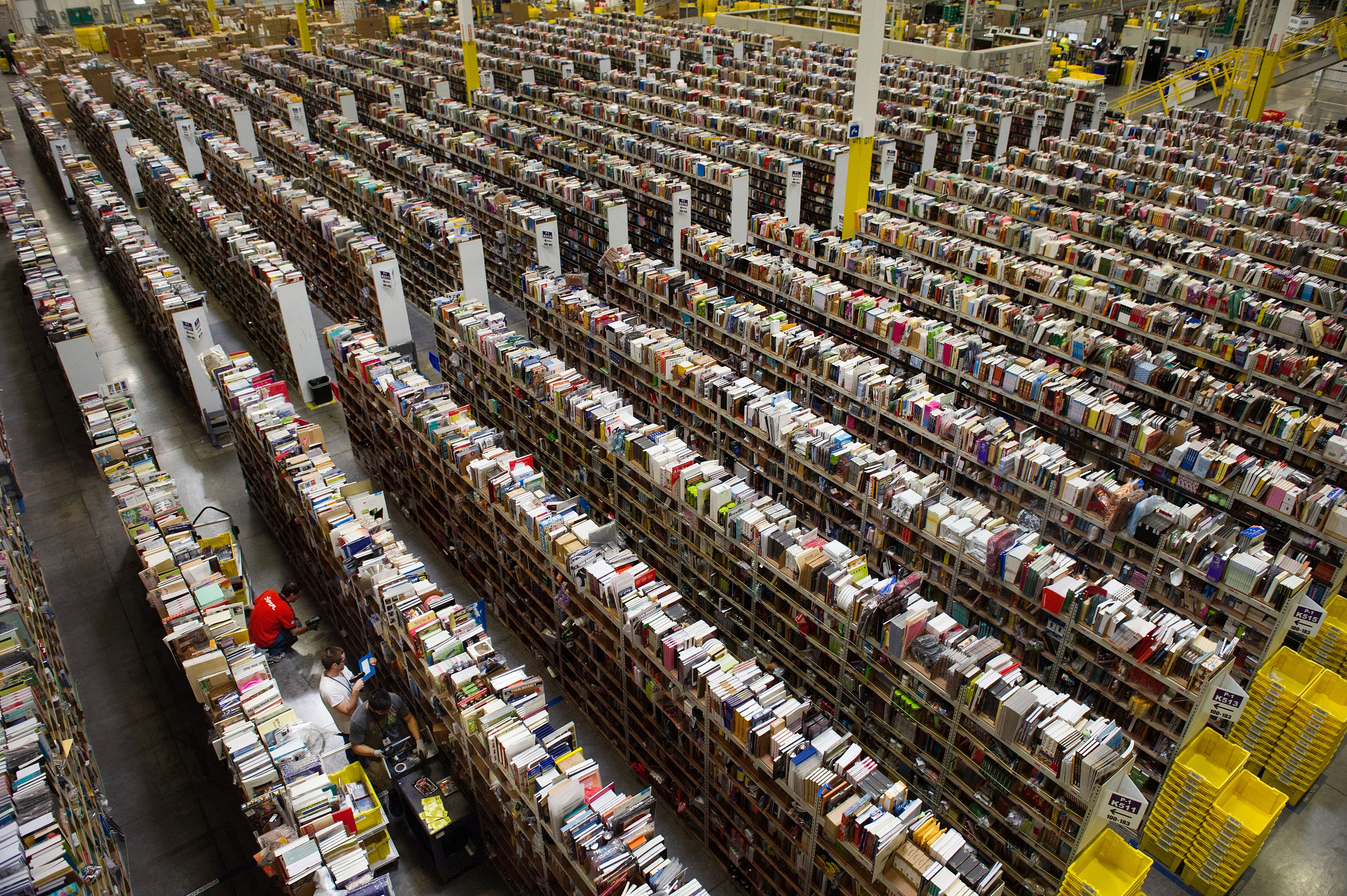Amazon has been great for me as a reader, in the short run. I can get my ink-stained hands on just about any book I want, no matter how forgotten the title, often for just a few dollars. Of course, cheap can be expensive. Are serious writers marginalized by logarithms, with room for many more pawns but no kings or queens? Is everyone at the bottom of the new paradigm? I’m definitely in favor of the decentralization of media, but there negatives.
In the Jonathan Franzen essay I posted about earlier, and in another Guardian piece about him, the novelist and critic decries the Bezos effect on literature. (By the way, Franzen’s new book, The Kraus Project, which gives voice to his discontent with modern technology, can be purchased at Amazon.) From Franzen:
“In my own little corner of the world, which is to say American fiction, Jeff Bezos of Amazon may not be the antichrist, but he surely looks like one of the four horsemen. Amazon wants a world in which books are either self-published or published by Amazon itself, with readers dependent on Amazon reviews in choosing books, and with authors responsible for their own promotion. The work of yakkers and tweeters and braggers, and of people with the money to pay somebody to churn out hundreds of five-star reviews for them, will flourish in that world. But what happens to the people who became writers because yakking and tweeting and bragging felt to them like intolerably shallow forms of social engagement? What happens to the people who want to communicate in depth, individual to individual, in the quiet and permanence of the printed word, and who were shaped by their love of writers who wrote when publication still assured some kind of quality control and literary reputations were more than a matter of self-promotional decibel levels? As fewer and fewer readers are able to find their way, amid all the noise and disappointing books and phony reviews, to the work produced by the new generation of this kind of writer, Amazon is well on its way to making writers into the kind of prospectless workers whom its contractors employ in its warehouses, labouring harder for less and less, with no job security, because the warehouses are situated in places where they’re the only business hiring. And the more of the population that lives like those workers, the greater the downward pressure on book prices and the greater the squeeze on conventional booksellers, because when you’re not making much money you want your entertainment for free, and when your life is hard you want instant gratification (‘Overnight free shipping!’).
But so the physical book goes on the endangered-species list, so responsible book reviewers go extinct, so independent bookstores disappear, so literary novelists are conscripted into Jennifer-Weinerish self-promotion, so the Big Six publishers get killed and devoured by Amazon: this looks like an apocalypse only if most of your friends are writers, editors or booksellers. Plus it’s possible that the story isn’t over. Maybe the internet experiment in consumer reviewing will result in such flagrant corruption (already one-third of all online product reviews are said to be bogus) that people will clamour for the return of professional reviewers. Maybe an economically significant number of readers will come to recognise the human and cultural costs of Amazonian hegemony and go back to local bookstores or at least to barnesandnoble.com, which offers the same books and a superior e-reader, and whose owners have progressive politics. Maybe people will get as sick of Twitter as they once got sick of cigarettes. Twitter’s and Facebook’s latest models for making money still seem to me like one part pyramid scheme, one part wishful thinking, and one part repugnant panoptical surveillance.”
Tags: Jeff Bezos, Jonathan Franzen

